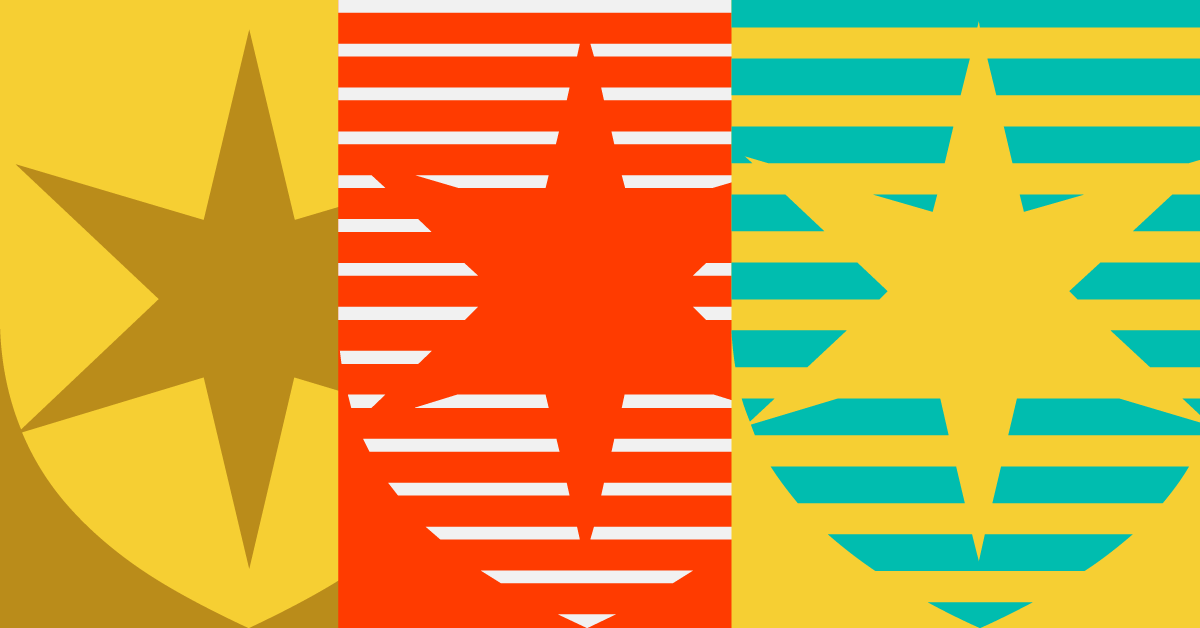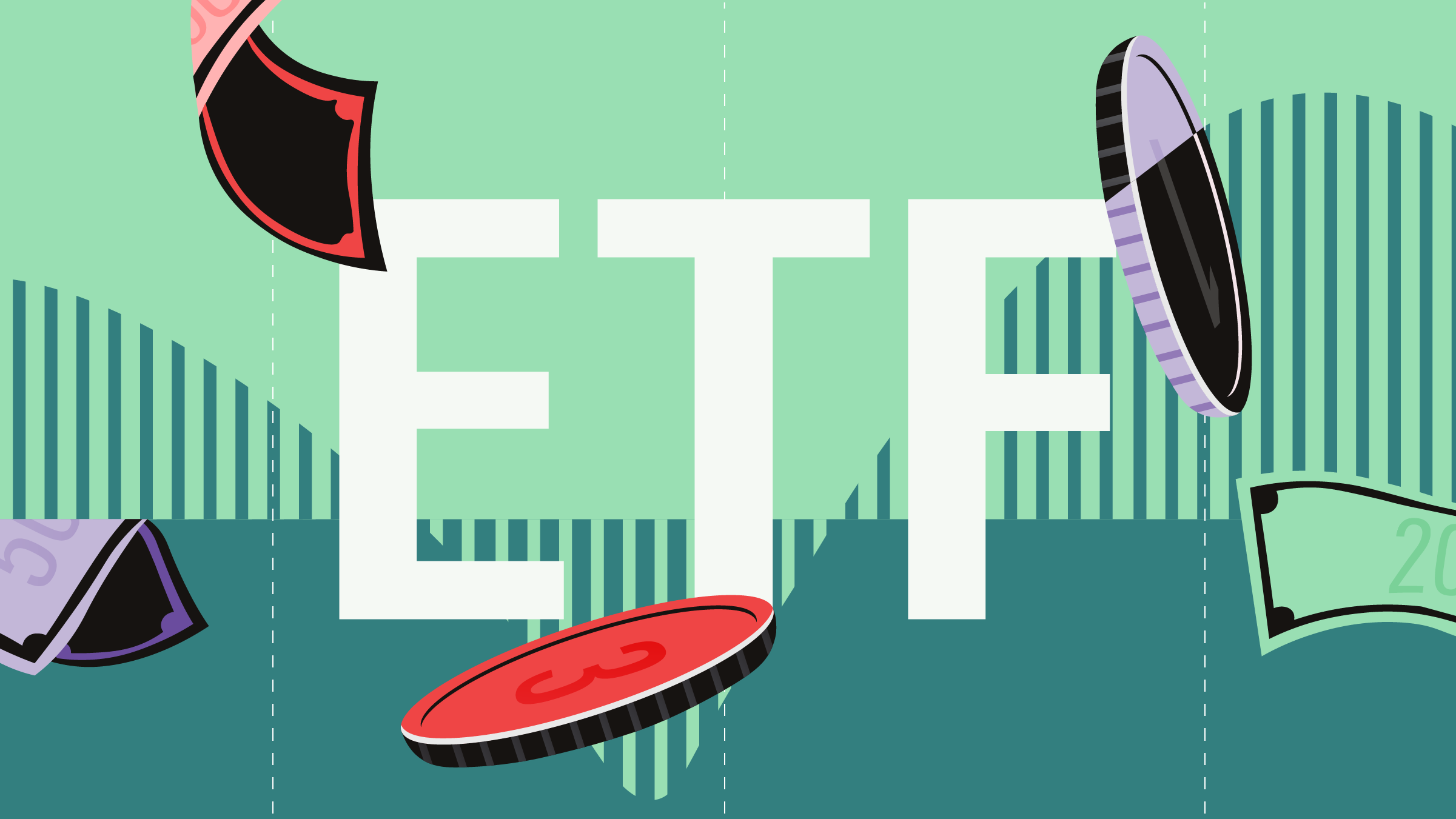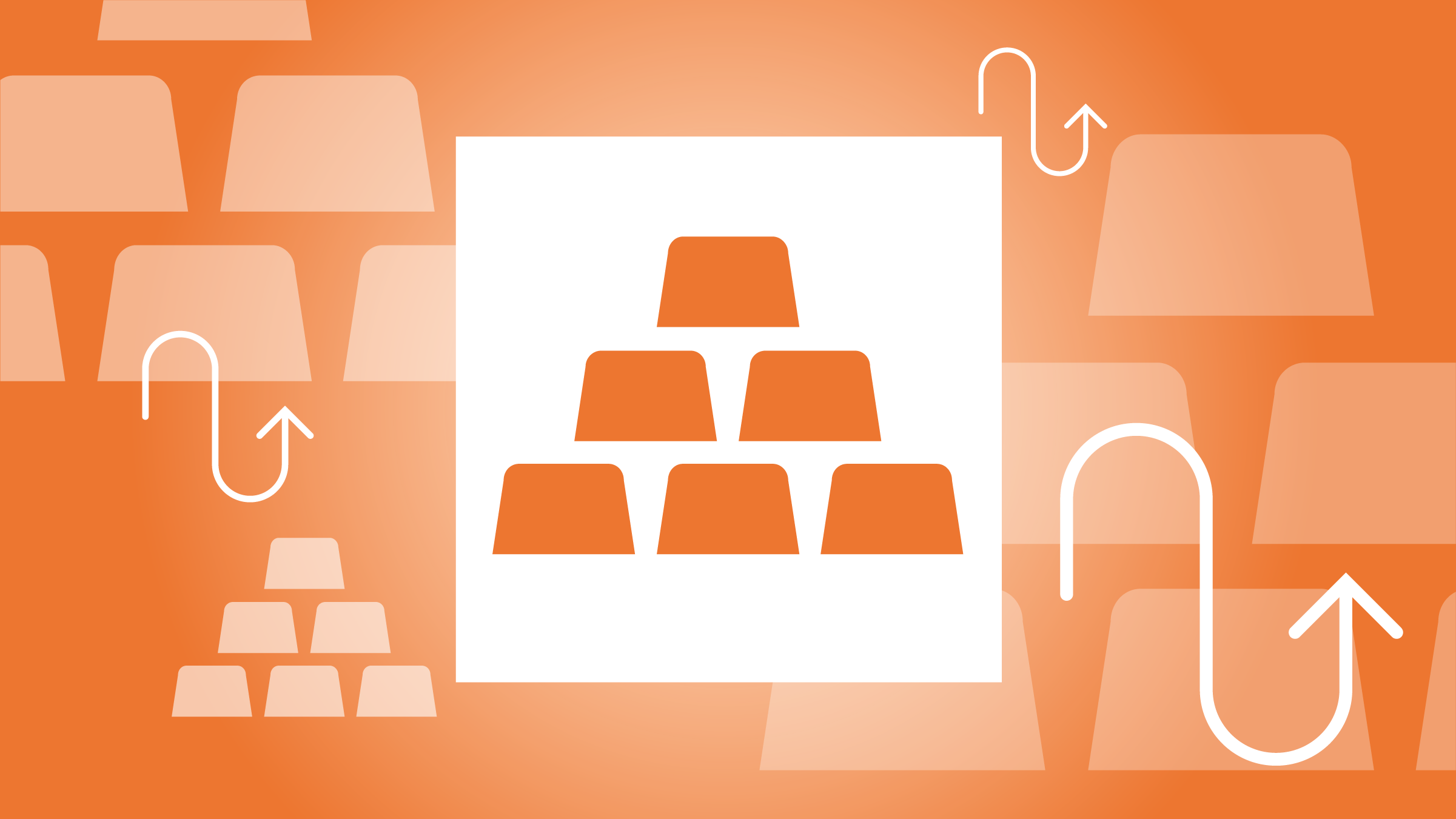
A Royal Bank client who demands anonymity feels “mightily incensed” with his bank lately. Over the last year, each time he went to his online account, he would see an offer for new clients to open a new account. First, it was a free iPad, then it switched to a free Apple Watch.
The client has other causes to be mad at RBC and these free offers “are only adding insult to injury,” he says. The injury, he claims, occurred when he felt he was scolded by employees for asking, due to an urgent matter, for permission to skip a long line of customers waiting to see a teller. Now he wants to move everything out of RBC, feeling his loyalty of 40 years to the bank hasn’t been appreciated enough. He has low hopes he’ll be treated differently at another Big Six Canadian bank, however, but the promotions help: “I’m sure I won’t get better treatment at another bank, but at least I’ll get knick-knacks and gifts.”
New Bank Account Promotions Navigation
Offers like those at RBC “are not anything new, though some of the ways might be new” says Carl De Souza, senior vice-president, sector lead, North American financial institutions ratings at Morningstar DBRS. TD Bank presents bonuses of up to $350 to open up a new account, and if you subscribe to a CIBC SmartPlus Account, the bank will throw in a $400 Costco Shop Card. Scotiabank hopes to attract you with a $400 banking package and investment plan.
The incentives are not the same everywhere. “It depends on what each bank wants to do,” De Souza notes. Some will concentrate on deposits, others on investment because they want to grow that arm. It’s a saturated sector. You won’t see one bank offer an incentive without the others responding.” And in that saturated sector “new entrants, like Tangerine and Simplii Financial, are aiming for the same clients,” says Sylvain Sénécal, professor of marketing at HEC Montreal, adding: “Banks see competition growing and fight for their territory.” Indeed, Simplii Financial proposes a $400 bonus when you open a new checking account and a 5.9% interest rate for five months on a savings account.
Canadian Banks Make 5% From You
There’s a simple reason why banks are after new clients, especially new depositors, asserts Richard Guay, finance professor at the ESG school of business of Université du Québec à Montréal and former CEO of the Caisse de Dépôt et Placement du Québec: “There’s a new reality in 2024 that we didn’t have in 2022: higher interest rates, he reminds us. It means that a bank that has a surplus of cash obtains a 5% return by simply depositing it at the Bank of Canada. As a new customer, what money I deposit lands at the Bank of Canada, and that makes deposits very profitable. Many small and medium companies complain that they can’t get loans with banks. Why go to all the trouble? That’s why banks are offering all the candies.”
Michael Miller, equity analyst at Morningstar, adds another factor that’s at play: “There’s a large pool of consumer deposits sitting in GICs right now. With rates expected to start declining, there is the question of where those funds go, which could be contributing to the high competition for deposits.”
The Odds are Stacked Against Switching
Should you take the bait and switch? Maybe, but give it some thought beforehand. “Those offers are tempting but be careful what you’re signing up for, warns Andrew Willis, Morningstar senior editor. “Often, these promotions come with requirements to move your payroll and your bills to the bank to qualify for the cash. If you’re still keen, but plan on reversing the payroll and bill changes after the promotional period, consider the time spent making these changes and what that’s worth.”
“A bank is not a cell phone banking provider,” Sénécal states. “Changing can be quite a job.” Indeed, a cell phone company practically takes charge of the switch for you, something a new bank won’t do. Consider that closing some accounts can entail costs. If you bank online and have accumulated many pre-authorized payments, switching can be a hassle.
Of course, you don’t need to transfer all your business to another bank. For example, Sénécal points out, that going to a new for a big-ticket item like a new mortgage loan can carry advantages, “especially if lower mortgage payments can bring hundreds of dollars of savings,” he points out.
Who You Gonna Call?
On the other hand, you can simply collect banking providers, by having a checking account with one bank, a corporate account with another, and an RRSP with another. That is something the “open banking” concept could facilitate, but it is still not implemented in Canada. In the meantime, having multiple banking providers “can complicate your life”, Sénécal warns, and give you a fragmented view of your financial and budgeting situation. Compare costs and advantages, he advises, and if you don’t want any surprises, check out the Bank’s client service. For example, call up a bank’s phone help service and see how long you wait on the line.
To the disgruntled RBC client who thinks that banks value only new customers, Senecal forwards the following advice: “Before he switches banks, he should call up the client retention service and state his case that he’s been with his bank 40 years and that he finds no advantage to it. He should ask what they propose to do about it. A lot of things could suddenly change. Until a client has his hand on the exit handle, he’s taken for granted. But banks know that keeping a client costs a lot less than bringing in a new one, a lot less than an iPad.”



















